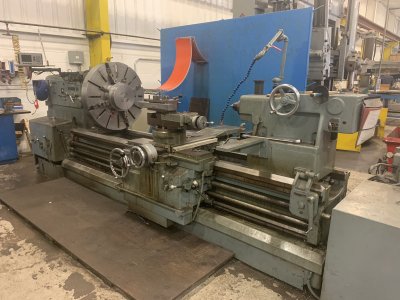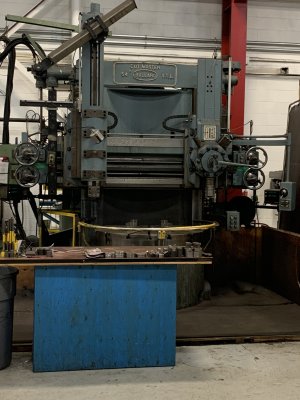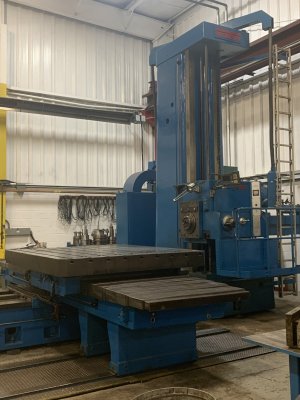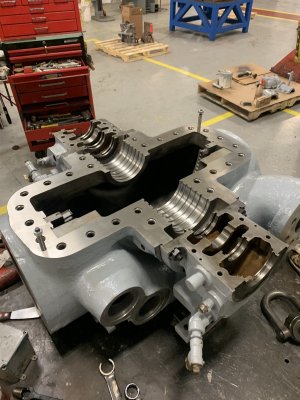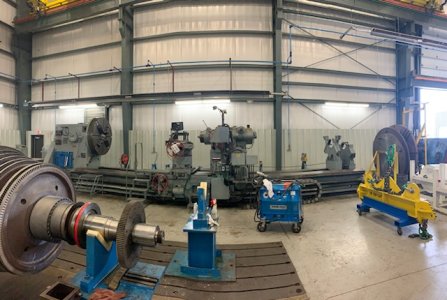@a smile - intellectual property is a thorny subject no matter where you live in the world.
I worked for a very very large corporation all of my career. I learned several lessons about IPR and contracts there. In simple terms I can summarize my opinion of the IPR issue this way:
1. Obtaining a patent is onerous and expensive.
2. Even with a patent, protecting your rights under that patent is equally onerous and expensive.
3. The best way to capitalize on your ideas is to follow one of two paths:
A - Sell the idea to someone else who has the cash, lawyers, and capacity to build and sell it.
B - Keep it a secret and move fast to get the idea to the market, make your profit early and then quit when the competition closes in on you.
4. You cannot run from China & India. They are faster, leaner, and meaner than I could ever be. Their cost of production, labour cost, access to raw materials, and regulatory environment mean I cannot compete.
5. The world is very small. The Internet and air travel are so well developed that no place is more than a day away - seconds away of you don't have to actually go there. No matter what I do, somebody else is doing it tomorrow and selling it the next day.
6. Barriers to entry are actually a much more powerful protection than patents. Protectionism exists under many different names. But scale, margins, regulatory regimes, and cultural attitudes are very powerful factors in the field of product development - IF you can turn them to your advantage.
7. A small niche is easier to capture than a big one. You know exactly who your customer is and what they need, want, and can afford. It's hard for the big guys to compete with you in a small niche.


